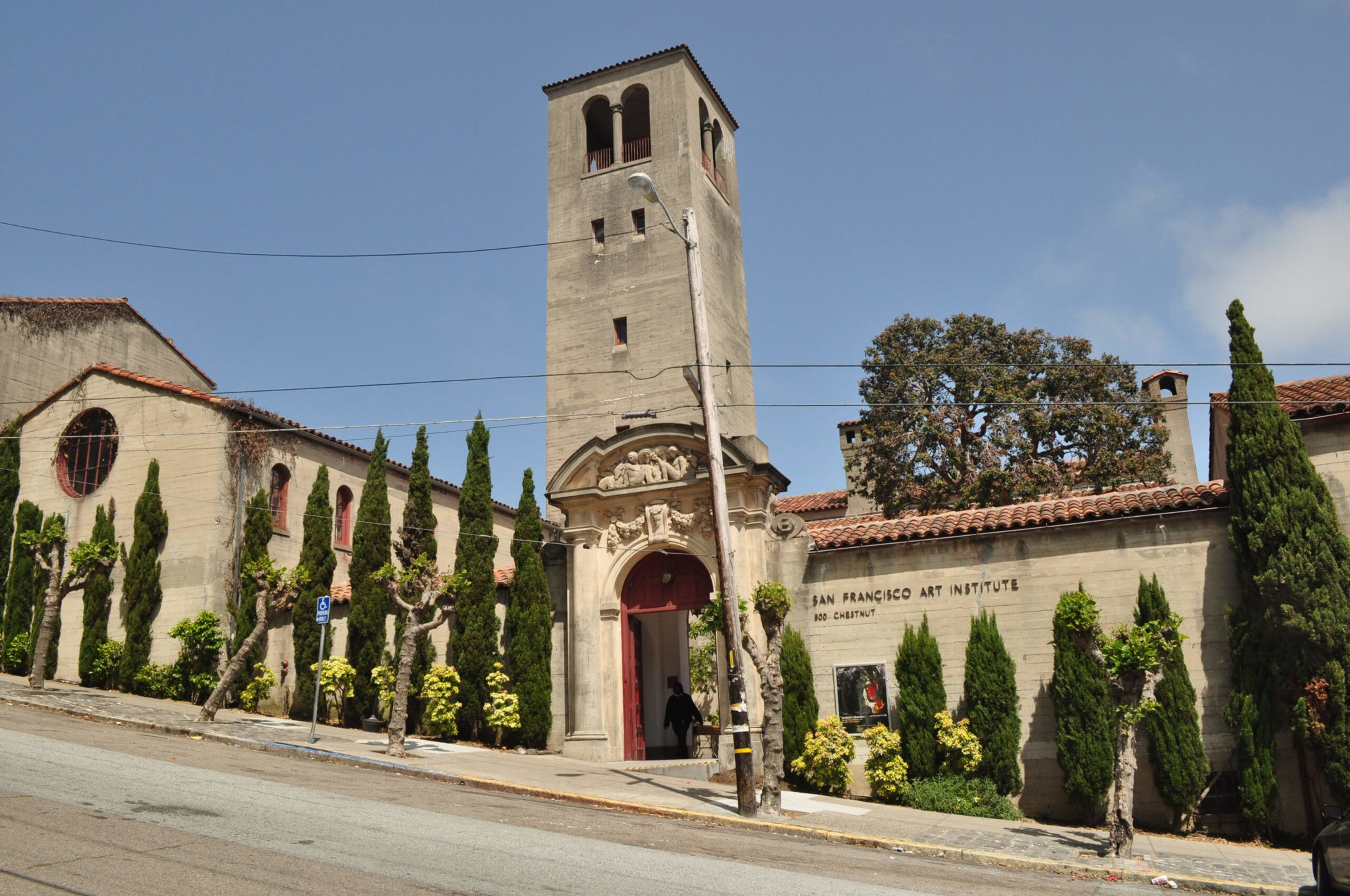The San Francisco Art Institute shuttered last year. But the prestigious art school’s history will live on as an archive and independent nonprofit organization for preserving the institute’s 151-year-old past.
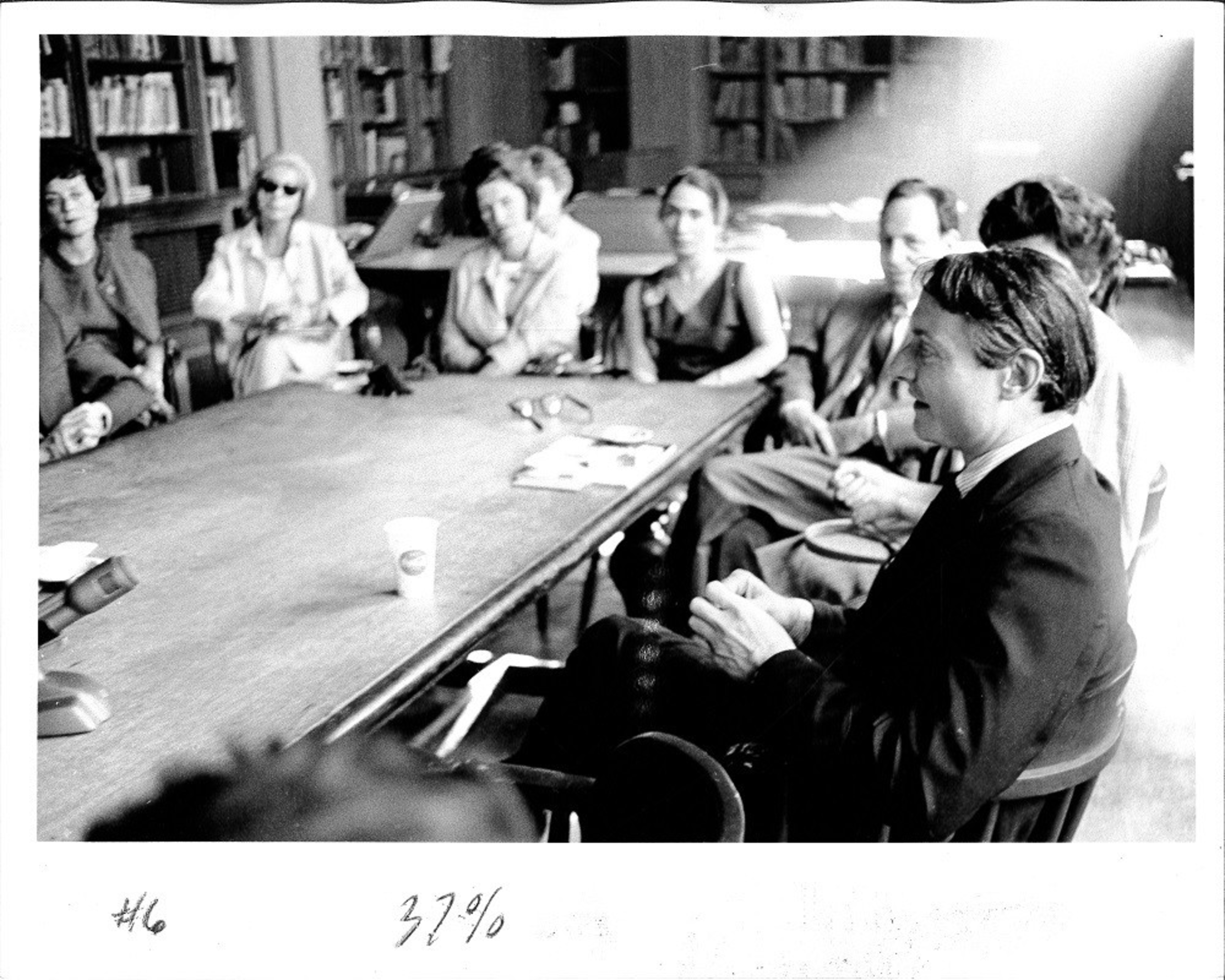
The SFAI Legacy Foundation + Archive (SFAI LF+A), an independent nonprofit organization comprising a group of dedicated SFAI community members, archivists, artists, curators and arts advocates, announced on Wednesday the launch of an official website (opens in new tab) and a campaign to raise $250,000 for a permanent space to house the art institute’s archives.
The collection includes primary-source material documenting the art school’s history and Northern California art movements dating all the way back to 1871. Before suspending educational programming last year, the San Francisco Art Institute was one of the oldest art schools in the United States. Its alumni include distinguished artists such as painter Richard Diebenkorn, photographer Annie Leibovitz, filmmaker Kathryn Bigelow and Obama portraitist Kehinde Wiley.
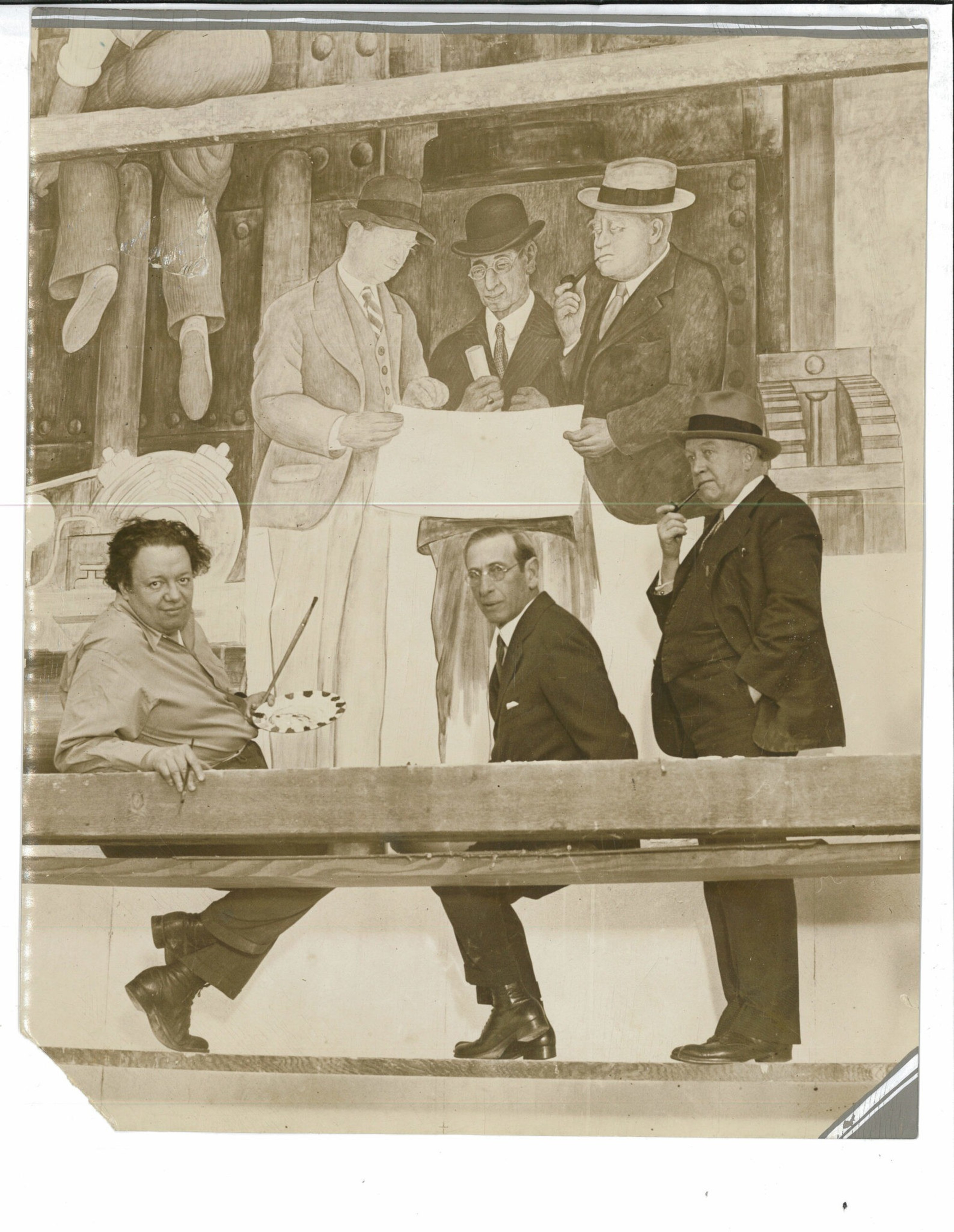
“We are delighted to take this crucial step forward in fulfilling our mission to preserve the rich history of the San Francisco Art Institute and make it accessible to researchers and the public,” Charles DeSantis, president and board chair of the foundation, said in a press release. “We believe that the stories and documents held within the archives are not only valuable to the art community, but also to anyone interested in the cultural and social history of the Bay Area and beyond.”
Highlights of the archival collection include work correspondence of SFAI photo department founder Ansel Adams (opens in new tab); an interview with former SFAI faculty member Angela Davis (opens in new tab); a 1968 flyer advertising a performance by Afrofuturist musician Sun Ra at SFAI; documentation of Henri Matisse’s 1930 visit to the school and a folding chair used by John Cage during his 1991 performance on the campus. The archive also holds over 1,100 audio recordings of lectures by artists such as Claes Oldenburg, Barbara Kruger, Hans Haacke, Laurie Anderson and John Baldessari, spanning from the 1940s to the present day.
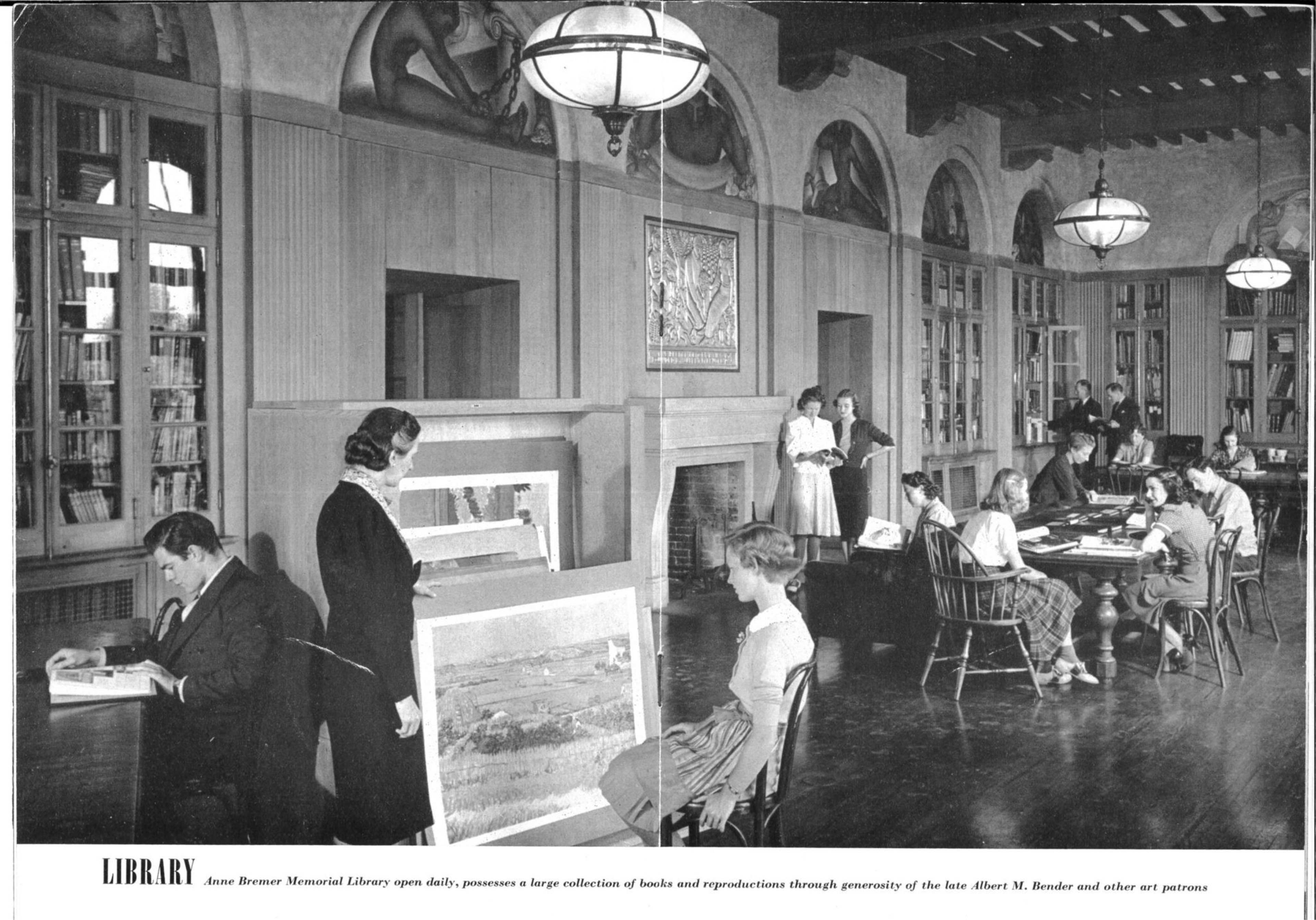
The SFAI Legacy Foundation + Archive’s website will serve as a hub for the public to learn more about the foundation’s efforts and activities. The organization, which is an independent nonprofit separate from the San Francisco Art Institute, hopes to expand the website into an online archival resource with historic photos, documents and related materials. The foundation also hopes to offer paid fellowships, public programming and create publications to support its work. Two former SFAI archivists will be employed by the foundation to help secure a permanent home for the collection, safeguard its materials and help make the documents accessible to the public. The work of rehousing and cataloging the collection is currently supported by a grant from the National Endowment for the Humanities.
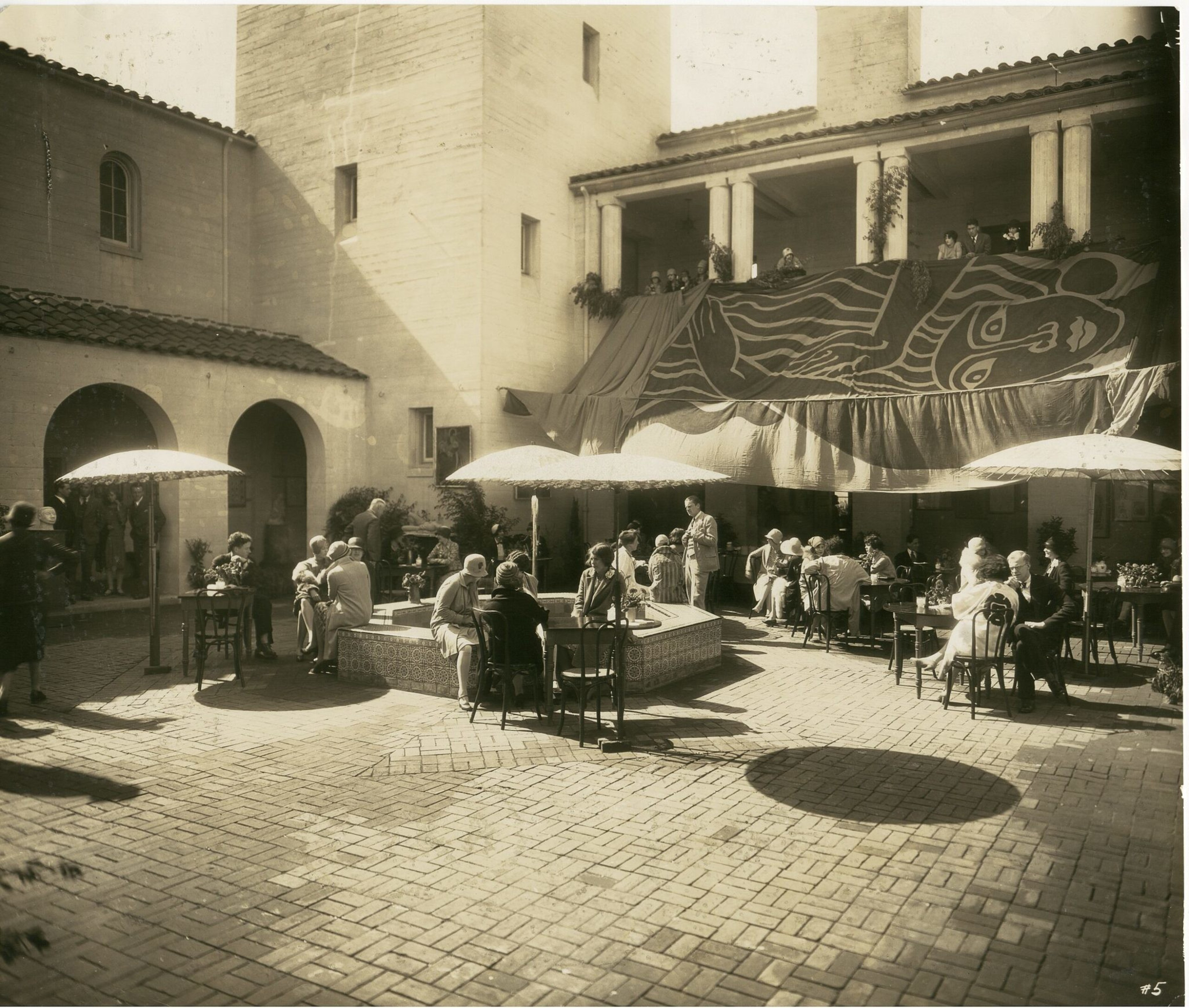
“We are excited to have a platform where we can share the stories of the SFAI archives and engage with our community,” said Katie Hood Morgan, SFAI LF+A founding board member. “We believe that by making the archives available to researchers, we can not only preserve the legacy of SFAI, but also inspire new generations of artists and scholars.”
